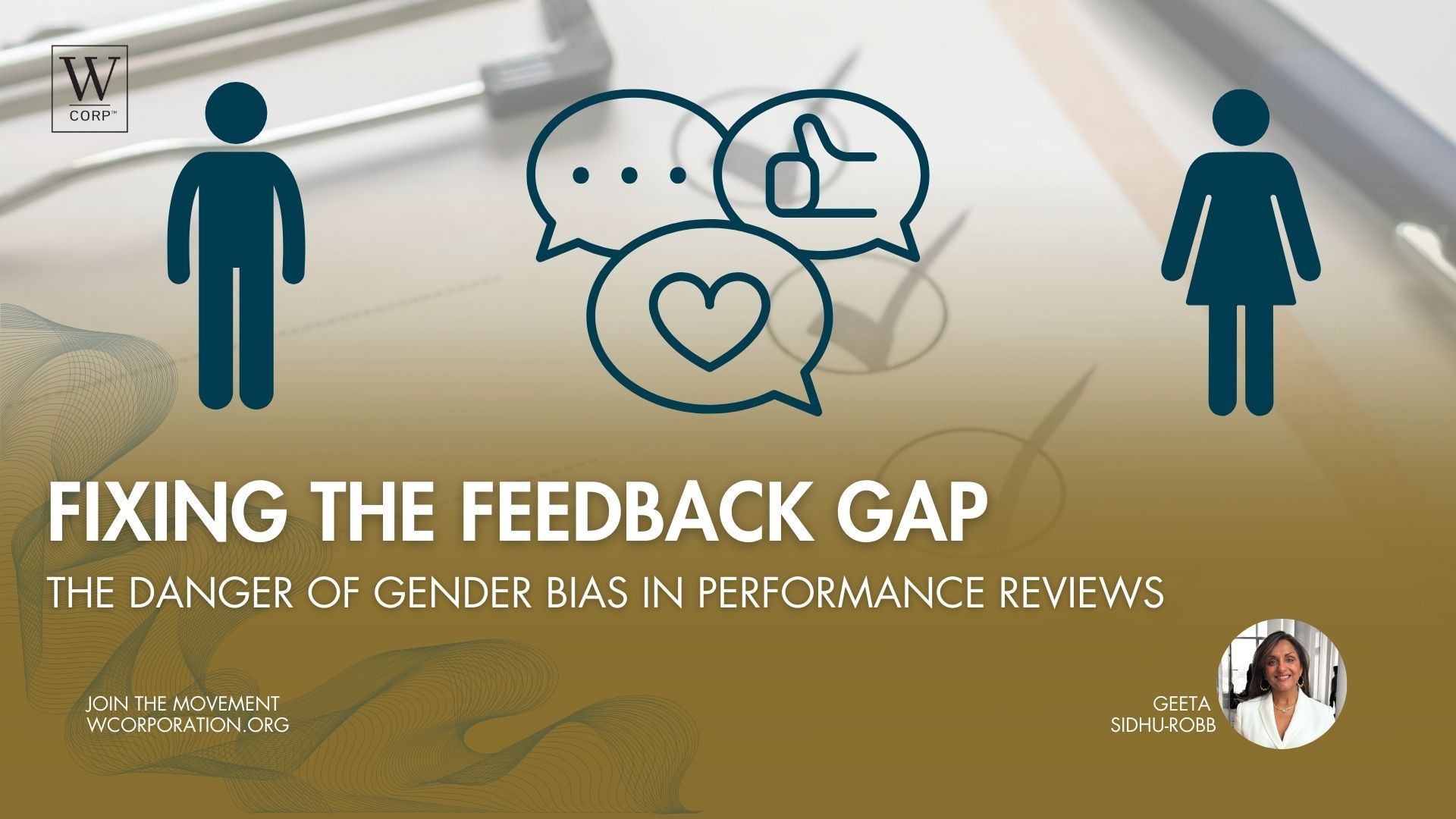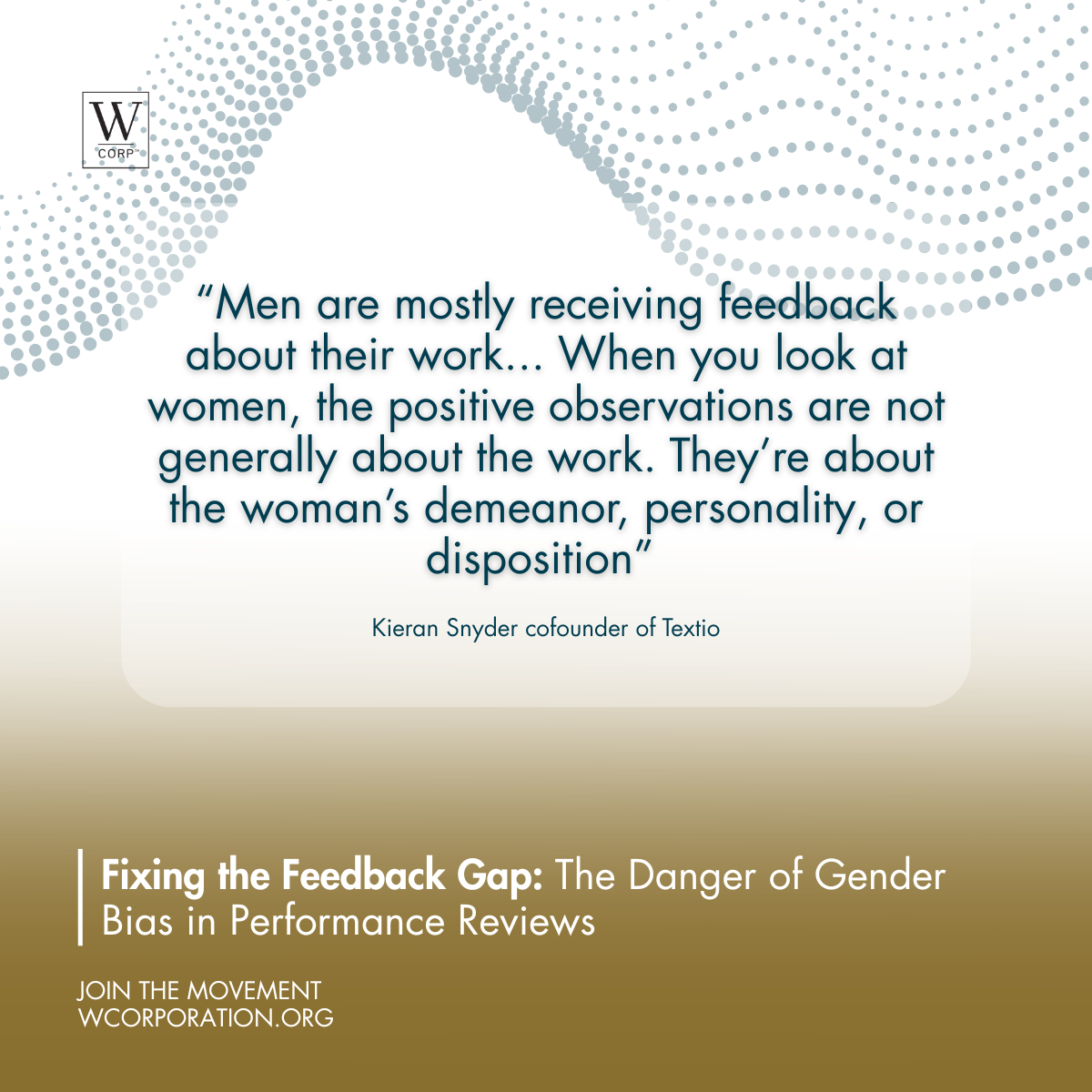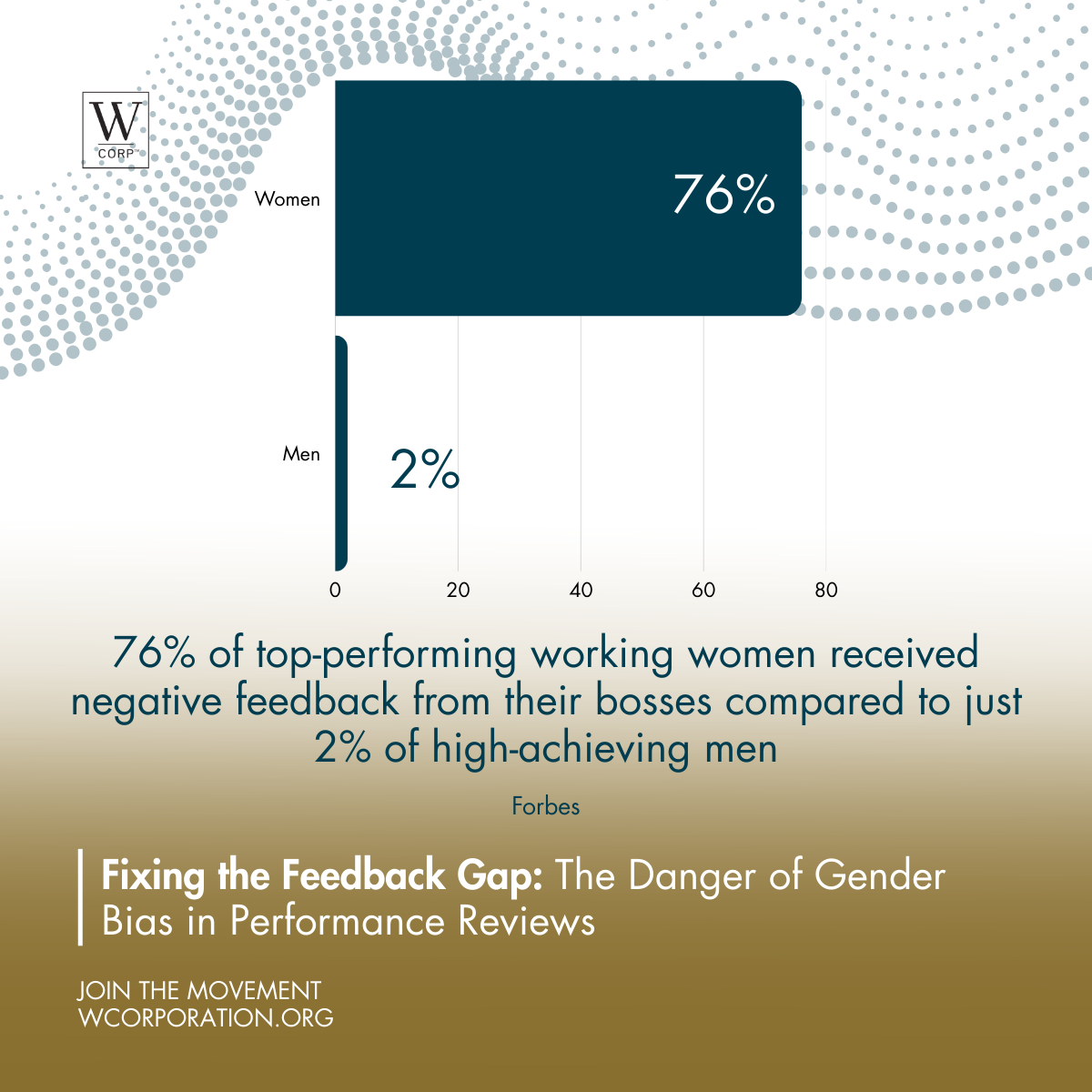Fixing the Feedback Gap: Why Women Get Personality Critiques While Men Get Actionable Advice
May 09, 2025
Feedback is essential for growth. In theory, it’s how professionals learn, improve, and climb the career ladder. But in practice, the quality and tone of feedback received can vary dramatically, especially along gender lines.
In today’s workplaces, women are far more likely to receive vague, unactionable critiques tied to personality rather than performance, while men benefit from constructive feedback aimed at their development. This disparity not only holds women back, it drives many to leave their roles altogether.
The Gendered Nature of Feedback
A Harvard Business Review analysis found that women consistently receive “nicer,” but less useful feedback than men. Praise for men often includes concrete suggestions like “lead the next project” or “improve stakeholder engagement,” whereas women are told they’re “supportive” or “pleasant to work with.”
Kieran Snyder, cofounder of Textio, highlights the underlying issue:
“Men are mostly receiving feedback about their work... When you look at women, the positive observations are not generally about the work. They’re about the woman’s demeanor, personality, or disposition” -Kieran Snyder, cofounder of Textio (Fortune).
This means women are judged based on how they make others feel - friendly, collaborative, likable - rather than on measurable outcomes or strategic skills. That kind of feedback doesn’t propel careers forward.

The Real-World Impact
Women not only receive more personality-focused feedback but also twice as many instances of vague, low-quality critiques during performance reviews compared to men. For every 1,000 words of review, men’s critiques tend to be more direct, while women are left with comments that lack clarity or actionable guidance (Fortune).
About 76% of top-performing working women received negative feedback from their bosses compared to just 2% of high-achieving men (Fortune).
This trend contributes to burnout and attrition, especially among high-performing women who don’t feel seen or supported. Many cite this dynamic as a key reason for quitting roles despite strong performance (Fortune).

Why Bias Training Isn’t Enough
It’s tempting to think a bias training workshop can fix this. But Snyder cautions against using unconscious bias training as a band-aid. “It’s not a very effective course of action,” she explains. The real solution lies in structural changes to management and HR processes (Fortune).
Most managers haven’t been trained to lead, and when they’re stretched thin, meaningful reviews fall through the cracks. Coaching can help, but organizations must also invest in HR, with dedicated people professionals who ensure thoughtful, consistent, and equitable reviews (Fortune).
How to Close the Feedback Gap
-
Normalize Frequent, Structured Feedback
Feedback should not be reserved for annual reviews. Leaders must embed a culture of continuous, specific, and actionable feedback. As organizational psychologist Lauren Jampol notes:
“Establishing common touch points around feedback early and often and instilling the idea that leaders welcome feedback is so important” - Lauren Jampol (Forbes).
-
Audit for Gender Bias
HR should regularly evaluate feedback data for language patterns. Are men being offered advice on strategic improvement, while women are praised for being “easy to work with”?
-
Train Managers in Feedback Literacy
Teaching managers to separate personality perceptions from work-related observations is crucial. Tools and frameworks can help teams provide equitable, outcome-based feedback.
-
Invest in People Teams
Performance evaluations shouldn’t be rushed or tacked on. Companies that properly staff their HR departments are better equipped to support inclusive talent pipelines.
-
Empower Women to Ask for Actionable Feedback
Encouraging a culture where employees feel safe asking, “What specifically could I improve?” or “Can you clarify that?” helps challenge vague reviews in real time.
Feedback is a Mirror and a Roadmap
The feedback gap is not just an HR oversight, it’s a barrier that limits opportunity and reinforces inequity.
When women are praised for being "nice to work with" rather than for delivering results, they’re denied the critical guidance that fuels career growth.
The good news? It’s fixable.
By embedding regular, skills-based feedback into company culture, training leaders properly, and investing in human-centered HR processes, organizations can not only empower women, they can retain top talent and drive better business outcomes.
WCorp's Commitment to Progress
At WCorp, we're committed to accelerating this progress in 2025. Our goals include:
- Fully launching our AI-powered gender equity solution, ROI Genie, to help businesses implement and measure the impact of gender equality initiatives.
- Expanding our global network of WCorp Ambassadors to spread our message and support businesses worldwide.
- Certifying even more incredible companies across the globe, recognising their commitment to creating supportive workplaces for women.
By working together, we can transform workplaces, drive innovation, and unlock the $12 trillion economic opportunity that gender equality represents.
Share this post with your colleagues and team to inspire and educate about the remarkable journey of women in business. And join us in shaping a future where every woman can thrive in business.





